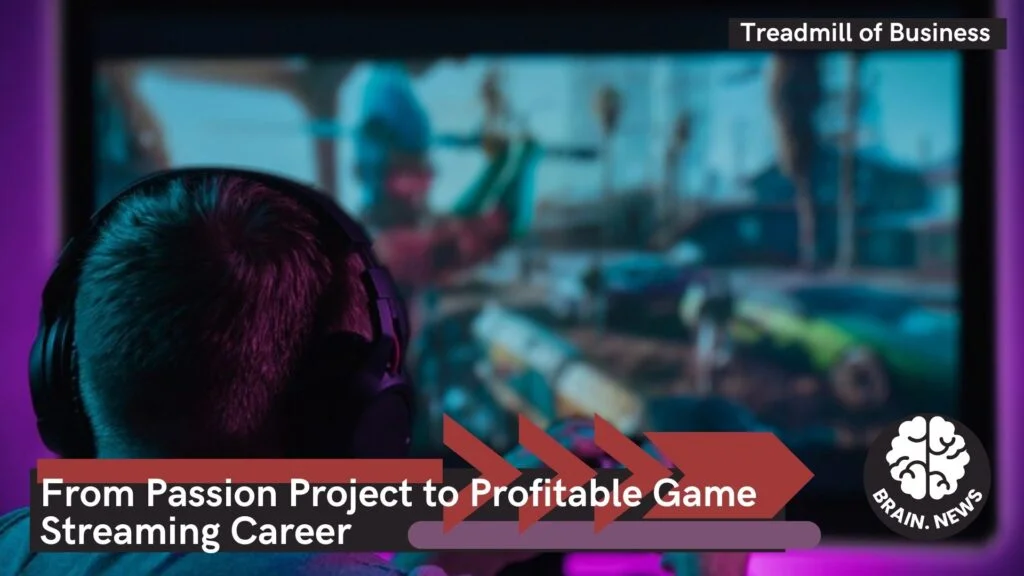Video game testing is an essential phase of development that involves the identification and reporting of technical issues, defects, and errors. Testers are essential in guaranteeing that games are functional, pleasant to play, and free of defects that could compromise the player experience. Nevertheless, this position also presents obstacles. From Passion Project to Profitable, Testers frequently operate under the constraints of strict deadlines and occasionally extended work hours. Additionally, job stability may dubious, as numerous testers employed on a temporary, project-by-project basis.
In the video game industry, game testing is typically regarded as an entry-level position, which implies that salaries may relatively low and opportunities for advancement restricted.
However, there are certain evaluators who are able to progress to more senior positions, such as game designer or producer. This depends on a variety of factors. This position can be a fulfilling experience for video game devotees who possess a meticulous attention to detail, despite the challenges it presents. A tester who is both talented and meticulous has the potential to establish a reputation in the industry and secure more stable and lucrative positions. Additionally, this occupation may serve as an advantageous entryway to additional occupations within the video game sector.
From Passion Project to Profitable: Challenges in persuading investors

The entrepreneur’s primary recollection stems from the challenges he encountered in persuading French investors, who were hesitant to invest in this sector despite its potential. “Then it only takes one, Korelya, Fleur Pellerin’s fund, for the others to follow.” A first round of funding was swiftly completed by the startup at the start of 2018, with a total of 2.5 million. At the conclusion of 2018, Team Vitality achieves its objectives and effectively raises its initial round, which totals $20 million. Tej Kohli, an Indian billionaire, serves as a contributing investor. In a manner similar to sports organizations, the startup, which primarily generates revenue from sponsors, is not interested in profitability; rather, it is focused on expanding rapidly.
Thanks to their complementarity, others are also able to distinguish themselves. ZT Production, a 2015 venture that specializes in WebTV and event production for the video game industry, is an example of this. Established by Adrien Nougaret, also known as Zerator (578,000 subscribers on Twitch and 633,000 on YouTube), and his associate, Alexandre Dachary, who is also a streamer. However, the management of the commercial side is primarily the responsibility of the latter, who is motivated by Zerator’s reputation. “Even though we launched at right time, our challenges today lie in the volume of content to created and how to attract brands,” he asserts.
From Passion Project to Profitable: A sector that is expanding

Guillaume Demier, Paypal’s director of partnerships, explains that the process of monetizing an audience is more intricate than in other sectors. The audience is frequently global, necessitating that a startup adjust to its unique characteristics, including the management of prepaid cards from each country. The audience is advancing at a rapid pace, and the sector is expanding. At times, they risk of having their wings burned. A gaming venture will immediately confronted with a global audience. “You need to quickly strengthen the business side because otherwise, you can miss out on a lot of opportunities,” according to Guillaume Demier.
An audience that continues to expand. Videos of youthful individuals playing video games viewed by 10% (200 million) of YouTube users. Twitch, the primary streaming platform, has a global user base of 15 million. “More and more people who don’t play video games will watch them, we even anticipate that the number of people watching video games worldwide will reach 250 million in a few years,” according to Bruno Luriot.
From Passion Project to Profitable: The progression of hardware and software

There is a growing opposition to this technological transition, as it posited that the digital sales will have a detrimental effect on retail stores. Collectors are also complaining, and the average player may lament that the selling price is currently comparable to or identical to the boxed version. Some argue that, although this dematerialization does alter the game, it also presents new business opportunities. Additionally, the proliferation of online gaming, Free-to-Play (free games that incorporate micropayments to facilitate software advancement), and social networks that create new employment opportunities can incorporated. Among others, community administrators and data analysts are examples. Simultaneously, conventional employment opportunities in this sector must integrate novel marketing or sales competencies.
In general, the international video game market is performing well. Very well, as the 2016 turnover is anticipated to 96.6 billion dollars, according to the latest forecasts. A record. PC games continue to lead in sales, with a total of 31.9 billion dollars, surpassing the console universe’s 29 billion. Mobile games have experienced the most substantial development, increasing from 24% to 34% of the market share. According to certain projections, the smartphone gaming industry may emerge as the next significant development in 2020. This can attributed to the reality that there are currently more smartphone owners in the world than console or PC gamers. In-app purchases (Free-to-Play) have become increasingly prevalent and appear to be the most profitable system at present, as the development costs are lower than those of PC or console games.
Conclusion

Recruiters prioritize individuals who have completed a comprehensive education that culminates in a degree, as we have recently observed. Additionally, over the past decade, seventy-five percent of employees have completed a bachelor’s degree or higher education. Less than 10% of individuals are self-taught, and the same is true for those who possess only a high school diploma. The employees’ profiles indicate that they are relatively youthful (25 to 35 years old) and relatively inexperienced (less than 3 years of experience in their current position).
Nevertheless, these data are from 2008-2009 and have undoubtedly changed since then, as the sector is once again highly dynamic. In 2015, the French economic fabric comprised of over 500 listed companies. Two-thirds of them have operation for over five years and distributed across a variety of sectors, including publishing, services, creative studios, distribution networks, training, and specialized press. This represents 10,500 jobs (only permanent and fixed-term contracts considered). Despite the crisis, the number of businesses established continues to exceed the number of business closures.


